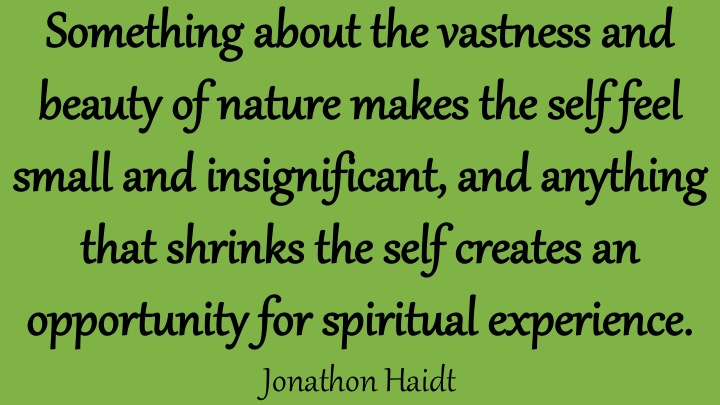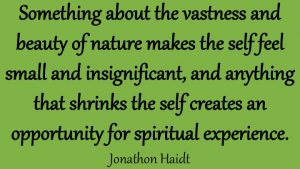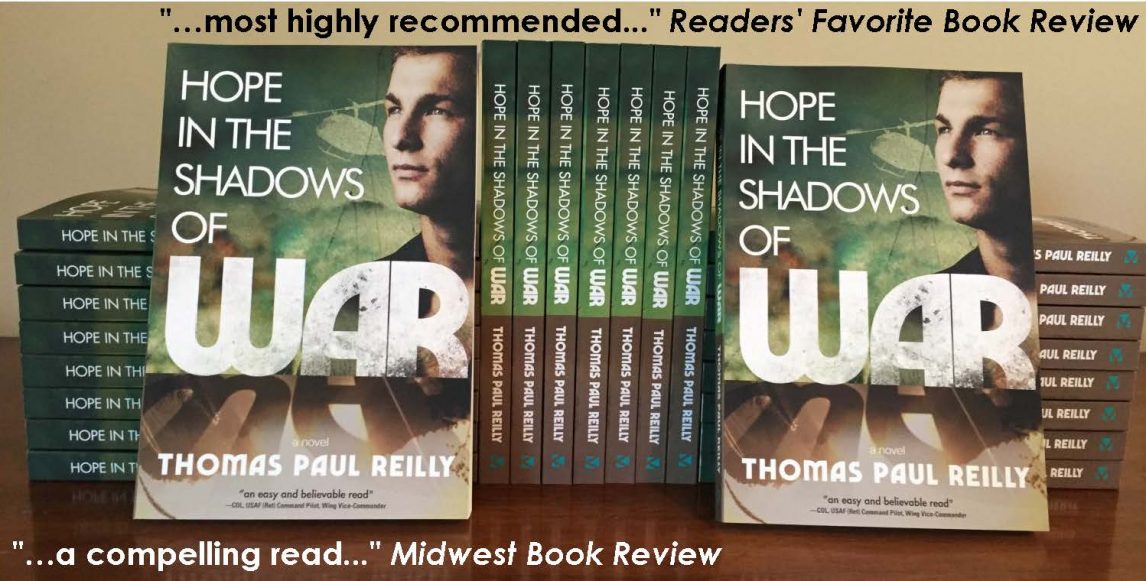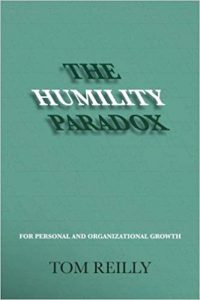

By Tom Reilly
Transcending connects us to the world around us, satisfying our need to belong. Transcending connects us to a cause or purpose, feeding our desire to contribute something of value. Transcending helps us grow, satisfying our curiosity about the raw material potential with which we are blessed at that magic moment of conception. Transcending transforms us into greater versions of ourselves.
Transcending shifts our focus outward to other people. In shrinking, we discover our smallness in a bigger world. Transcending builds on this discovery. Using sophisticated brain-imaging technology, neuroscientists map and observe activities in different regions of the human brain during rest, work, and play. This research confirms that we embrace altruism. We care for others and do things for the greater good. Cynics argue that we do it to protect and preserve the species. Nevertheless, we act for the greater good. We have a need to do something for someone other than ourselves. We transcend ourselves by serving others. Making ourselves small and serving others helps us to transcend the limitations of self-interest.
Dr. Daniel Goleman, author of Social Intelligence, wrote, “Self-absorption in all its forms kills empathy, let alone compassion. When we focus on ourselves, our world contracts as our problems and preoccupations loom large. When we focus on others, our world expands. Our own problems drift to the periphery of the mind and so seem smaller, and we increase our capacity for connection―or compassionate action.”
Few experiences stir compassion more than witnessing others struggle. In college, I was on an elevator in the university library with two other people, an elderly professor and a visually impaired young man. The young man navigated with a cane used by those who cannot see. As he left the elevator, the professor looked at me and said, “Just when I start thinking my problems are too challenging …” She did not need to finish. Ironically, the young man seemed happy and well-adjusted to his reality, more so than we were. That was a humbling experience. How could someone so vulnerable appear to be so secure? It is a function of knowing and accepting who we are and who we are not.
Transcending aligns people with a cause greater than themselves. This is the commitment of zealots. They identify with their causes. They connect to their causes. They advocate for their causes. Their causes are their purposes. Their self-sacrifices because of their connections to their causes do not strip them of their identity. They become bigger by identifying with their causes. Their identities expand with their causes. They empty themselves to fill themselves. This is The Humility Paradox.
Transcending separates us from the smallness of self. It is operating outside of ourselves. It is what we feel when we immerse ourselves in a project at work, a movement in the community, or a hobby. Full immersion means jumping in with both feet. No holding back. No second-guessing. No half-hearted effort. We give ourselves. We invest ourselves. We lose ourselves. We lock in our focus. Time has little meaning. The effort is intrinsically satisfying. We do it because we love doing it. It is fun.
In his best-selling book, Flow: The Psychology of Optimal Experience, Mihaly Csikszentmihalyi describes transcending as an optimal experience, “The best moments in our lives are not the passive, receptive, relaxing times… The best moments usually occur if a person’s body or mind is stretched to its limits in a voluntary effort to accomplish something difficult and worthwhile. Optimal experience is something we make happen.” Flow is the intrinsic satisfaction that we experience as we immerse ourselves in conscious activities. We transcend ourselves and fuse with the process. We become one with it. We discover that we find ourselves by losing ourselves. This is The Humility Paradox.
Technology offers direct-line connection to witness real-time world events, to experience tragedy as it unfolds. In the wake of these tragedies, there are stories of people who sacrifice themselves to save others. First responders rush into burning buildings, park rangers risk their lives on rescue missions, and strangers reach out to other strangers during catastrophes. There are countless examples of people endangering themselves to save others. Teachers, dedicated to their profession, forego other more lucrative careers so they can make a difference in a way that is meaningful to them. Medical personnel, committed to their patients and profession, work long hours and weekends to provide healthcare. Parents, committed to seeing their children get a good education, work multiple jobs to provide the resources their children need to succeed. Selflessness and sacrifice play a dominant role in transcending.
We transcend ourselves as we focus upward and outward. We see ourselves as a contributing force in this world, not just a consumer of resources. We add value. We make a difference. Transcending is growing beyond ourselves. We identify with the broader world in which we live, connect to a cause that gives us a purpose and a reason to get up in the morning. Transcending is becoming more of the raw material that we call potential. We are proud of who we are and what we have become yet humble enough to say, “We’re not done growing yet.” We are human beings that are human becomings. We are a work in progress.
This is an excerpt from Tom Reilly’s book, The Humility Paradox. (Motivation Press, 978-0944448342)

 Check out on AMAZON
Check out on AMAZON